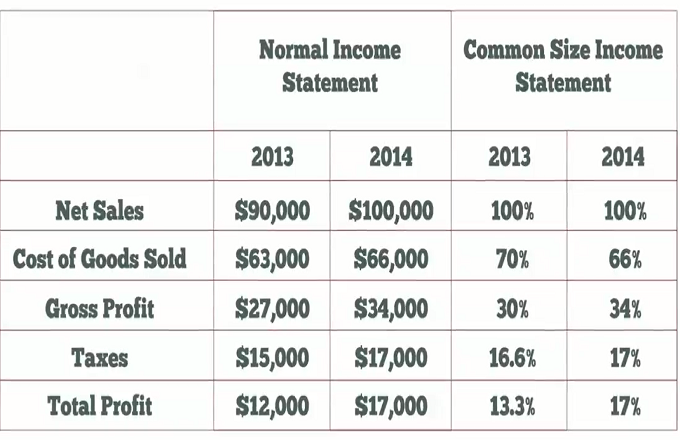A holding company is a corporation that owns enough voting stock in another company to control its management and policies.Essentially, a holding company exists to hold other companies’ shares. It usually doesn’t produce goods or services. Its purpose is to hold assets. Typically, it holds several subsidiaries. Its assets can be shares of stock in other corporations, limited liability companies or partnerships. A holding company can also own real estate, patent trademarks, stocks, bonds and a variety of other assets. The subsidiaries owned by holding companies usually conduct business independently of each other. Holding companies do not run the day-to-day operations of the companies they control – that’s up to each subsidiary. But holding companies can hire and fire managers, and they understand their subsidiaries’ businesses well enough to evaluate performance. Holding companies sometimes control interests in different industries that have nothing do with one another, providing diversity. They enable investors to own control in more corporations for less money than if they participated in a merger. A holding company can also enable individuals to protect their personal assets because the company owns the assets in which individuals invest, making the company liable for the risks. Holding companies are partially protected from financial losses in the event a subsidiary goes bankrupt. They can also structure themselves to spread tax, financial and legal liabilities across different subsidiaries. Bank of America, Loews, JP Morgan Chase, Walton Enterprises and Berkshire Hathaway are just a few examples of some well-known holding companies.





